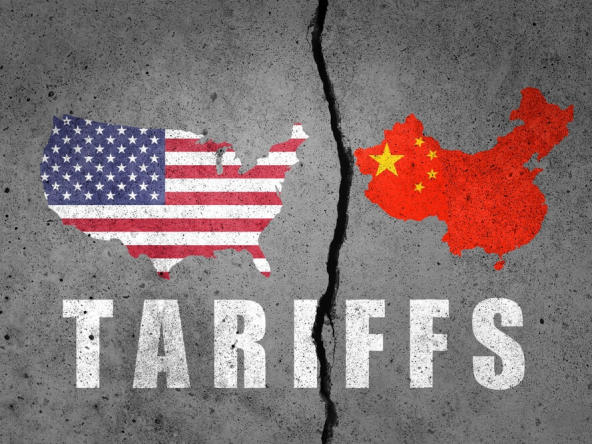Right off the bat, this is not an article to explain Thai property laws and everything about the regulations and legalities. To find out everything about Thai property laws, you can either consult a lawyer whose expertise is Thailand real estate law or contact Hero Realtor and let us point you in the right direction of a reliable Thai law firm.
However, it’s always important to understand some of what you are dealing with before you undergo the arduous process of buying Thailand real estate. Here’s a comprehensive overview of 30 Thai property laws that you need to know about. This will cover various aspects of property ownership, acquisition, restrictions, and more.

1. Property Ownership:
Thailand has distinct property ownership categories, including freehold, leasehold, and condominium ownership.
2. Freehold Ownership:
Foreigners can’t own land in Thailand directly but can own buildings and improvements on land.
3. Leasehold Ownership:
Foreigners can lease land for up to 30 years (renewable) and own structures built on the land.
4. Condominium Ownership:
Foreigners can own up to 49% of the total sellable area of a condominium building.
5. Title Deeds:
Title deeds, such as Chanote (land title) and Nor Sor Sam Gor (certificate of use), establish property rights.
6. Due Diligence:
Thorough due diligence is crucial before property purchase to ensure legitimacy and avoid legal issues.
7. Property Taxes:
Various taxes include transfer fees, specific business tax, stamp duty, and local taxes on property.
8. Land Measurement:
Thailand uses different units for land measurement, such as Rai, Ngan, and Wah.
9. Property Transactions:
Transactions must be conducted through a registered Thailand property agent or lawyer to ensure legality and transparency.
10. Zoning Laws:
Properties are subject to zoning regulations that dictate land use and development.

11. Building Codes:
Properties must adhere to specific building codes and regulations for safety and structural integrity.
12. Easements and Encroachments:
Properties must not encroach upon public land, roads, or neighboring properties.
13. Due Process:
Foreigners should engage in due process and register property with local authorities.
14. Nominee Arrangements:
Using Thai nominees to hold property on behalf of foreigners is illegal and can lead to property loss.
15. Land Department Approval:
Foreigners seeking land leases or purchasing condominiums need approval from the Land Department.
16. Usufruct Rights:
Usufruct grants the right to use and enjoy another person’s property, commonly used by foreign spouses.
17. Marital Property:
Pre-nuptial agreements can help define ownership and avoid disputes over marital property.
18. Inheritance Laws:
Foreigners’ inheritance rights are governed by Thai law, with complexities for property distribution.
19. Leasehold Agreements:
Leasehold agreements should clearly outline terms, renewal options, and potential changes.
20. Corporate Ownership:
Some foreign investors use Thai companies to hold land, but this should be done cautiously to avoid misuse.

21. Environmental Regulations:
Properties must adhere to environmental laws to prevent harm and degradation.
22. Foreign Investment Restrictions:
Foreign investments in certain properties or areas might be restricted for national security reasons.
23. Eviction Laws:
Eviction laws protect tenants’ rights and require legal procedures for eviction.
24. Intellectual Property:
Architectural plans and designs are protected under intellectual property laws.
25. Land Expropriation:
The government has the right to expropriate land for public purposes with fair compensation.
26. Strata Titles:
Condominium ownership is regulated by the Condominium Act, including common property management.
27. Joint Ownership:
Joint ownership agreements should clearly define each owner’s rights and responsibilities.
28. Dispute Resolution:
Property disputes are resolved through legal channels or alternative dispute resolution methods.
29. Leasing Regulations:
Leasing property for commercial purposes has distinct legal considerations.
30. Lease Renewal:
Renewing leases involves negotiations and adherence to legal procedures.
Understanding Thai Property Laws
In conclusion, understanding Thai property laws is essential for anyone looking to own or invest in property in Thailand. These laws encompass a wide range of areas, including ownership types, transaction processes, zoning, taxes, and more. Due diligence, legal consultation, and proper documentation are key to navigating the intricacies of Thai property laws successfully.
At Hero Realtor, we can help you every step of the way from finding you a Bangkok property, visiting it and even all aspects of purchasing. For sure, you will need help to circumnavigate Thai property laws. We can also help to find you a reliable and trusted Thai lawyer who understands the local real estate regulatory process. Please click here to visit our website or click here to contact us directly to get the proverbial ball rolling.





